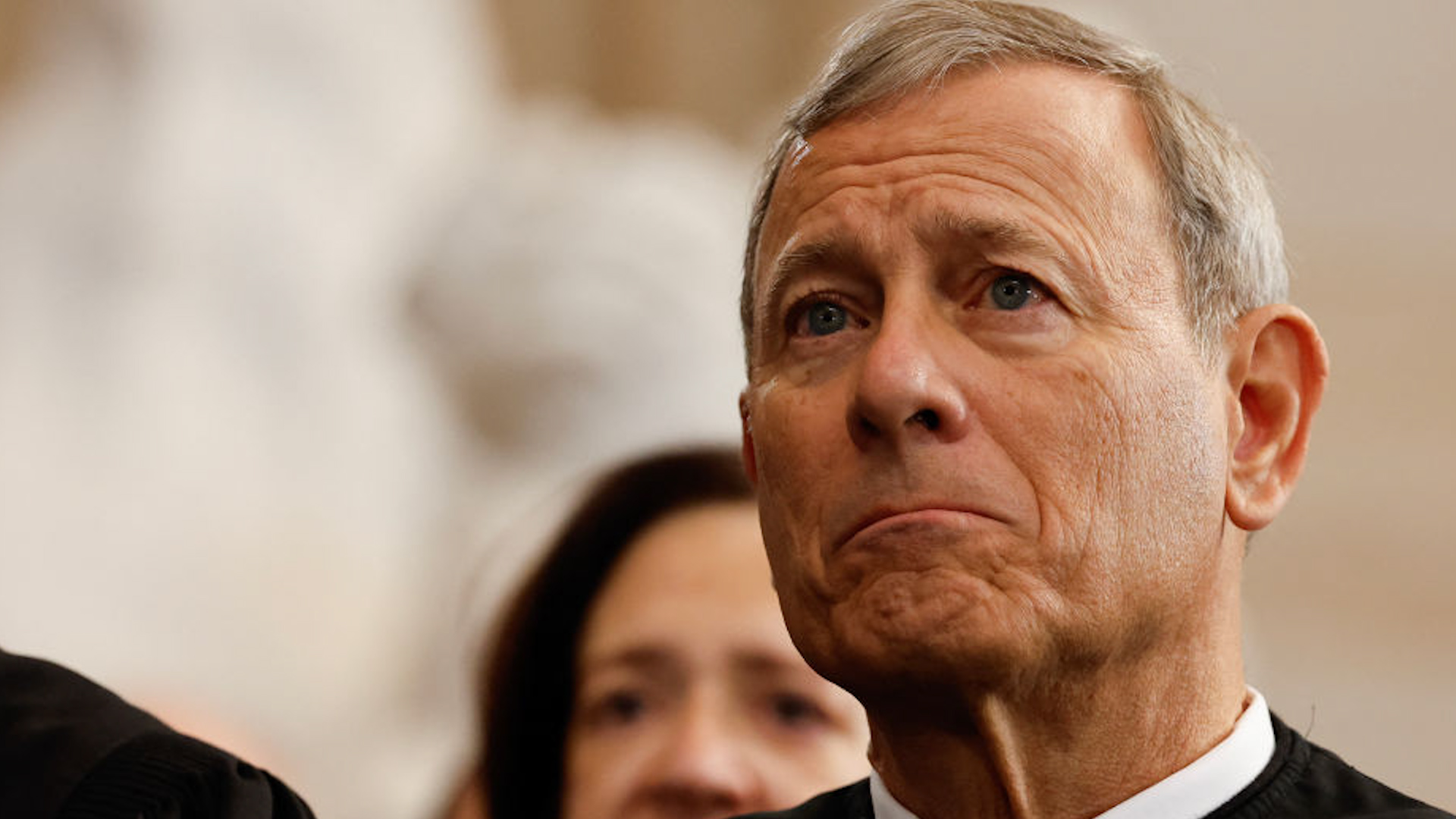Is Roberts Undermining the High Court? A Look at the Chief Justice's Legacy
The Supreme Court of the United States, the ultimate arbiter of justice in the land, has recently faced increased scrutiny regarding its legitimacy and impartiality. Chief Justice John Roberts, Jr., a pivotal figure in this discussion, finds himself at the center of a debate: Is he subtly, or perhaps overtly, undermining the very institution he leads? This complex question demands a nuanced examination of his tenure, considering his decisions, his public statements, and the evolving political climate.
The Roberts Court: A Shifting Landscape
Since taking the helm in 2005, the Roberts Court has witnessed significant ideological shifts. While often portrayed as a conservative bloc, the Court's decisions have been far from monolithic. However, a pattern has emerged, leading some legal scholars and commentators to question the Chief Justice's role in shaping this trajectory.
Key Decisions and Criticisms:
-
The Affordable Care Act (ACA): Chief Justice Roberts's pivotal swing vote upholding the ACA in 2012 was hailed by some as a testament to judicial pragmatism. However, critics argue his reasoning prioritized political expediency over strict legal interpretation. This decision highlighted the potential for the Chief Justice to act as a powerful force shaping the Court's overall direction, even outside his ideological leanings.
-
Voting Rights Cases: The Roberts Court's decisions impacting voting rights have been highly controversial. Critics argue these rulings, often narrowly decided, disproportionately affect minority voters and undermine the principles of equal access to the ballot box. This has fuelled accusations of partisan bias within the Court.
-
Campaign Finance Cases: The Court's handling of campaign finance cases has also drawn sharp criticism. Decisions perceived as loosening restrictions on campaign spending have raised concerns about the undue influence of money in politics and further eroded public trust in the institution.
The Chief Justice's Public Persona and its Impact
Chief Justice Roberts's public pronouncements have further fueled this debate. His emphasis on the Court's apolitical nature, often contrasted with the increasingly polarized political climate, has been interpreted by some as a deliberate attempt to deflect criticism and maintain a veneer of impartiality. However, this approach has been criticized as insufficient in addressing the very real concerns about the Court's legitimacy.
The Perception of Activism:
The charge of judicial activism is frequently leveled against the Court. This accusation suggests that judges are allowing their personal biases to influence their decisions rather than adhering strictly to the law. While the concept of judicial activism is itself debatable, the Roberts Court's decisions have undoubtedly contributed to this perception, fueling the discussion of the Chief Justice's influence.
The Erosion of Public Trust?
The declining public trust in the Supreme Court is undeniable. Several factors contribute to this erosion, including highly partisan confirmations, perceived political bias in decisions, and the increasing influence of money in politics – issues directly or indirectly linked to the Court's activities. The Chief Justice's actions and pronouncements have only exacerbated these concerns.
Moving Forward: Restoring Faith in the High Court
Restoring public trust requires a multifaceted approach. This includes greater transparency in the Court's processes, more robust ethics guidelines for justices, and a renewed focus on judicial independence and impartiality. Chief Justice Roberts himself has a crucial role to play in leading this effort. Whether he will choose to address these concerns directly remains to be seen, but the future of the Supreme Court’s legitimacy depends largely on his actions and leadership.
Further Reading: [Link to relevant academic article or Supreme Court case summary]
Keywords: John Roberts, Supreme Court, High Court, judicial activism, legitimacy, impartiality, public trust, ACA, voting rights, campaign finance, political polarization, Supreme Court justices, Chief Justice, US Supreme Court.
